WASHINGTON – The D.C. Council next week will consider emergency legislation in refusing to produce voter information for President Trump’s Commission on Election Integrity.
Trump issued an executive order in May establishing the commission to analyze state-by-state registration and voting processes, months after the president claimed he lost the popular vote because millions had committed fraud at polling places in 2016. D.C. and 44 states have stated that they will not fully comply with the election commission’s requests for information, either because state laws prohibit the release of certain information or because they assert the commission is violating privacy rights.
Last week Kansas Secretary of State Kris Kobach, who is serving as the commission’s vice chairman, sent a letter to all 50 states, asking for registered names, addresses, dates of birth, political affiliations, partial Social Security numbers, voter history from 2006, registration information in other states, criminal history and military statuses, among other details.
“(The commission’s) request for voter information, such as Social Security numbers, serves no legitimate purpose and only raises questions on its intent,” D.C. Mayor Muriel Bowser wrote in a June 30 statement. “I will join leaders of states around the country and work with our partners on the Council to protect our residents from this intrusion.”
The 13-member council is made up of 11 Democrats and two independents.
“The District of Columbia will not be party to this blatant effort to intimidate voters,” Councilmember Charles Allen, who plans to introduce the emergency legislation, said in a June 30 statement. “There is no evidence of widespread voter fraud to support President Trump’s unsubstantiated claims. The myth of voter fraud is a distraction at best and at worst an intentional effort to justify laws to suppress votes – especially those of minority and elderly voters.”
Hillary Clinton in 2016 became the fourth candidate in U.S. history to officially win the popular vote but lose the election. Clinton carried 65.85 million votes to Trump’s 62.98 million, while Trump won the electoral vote 306-232. Trump tweeted after the election: “In addition to winning the Electoral College in a landslide, I won the popular vote if you deduct the millions of people who voted illegally.”
Larry Klayman, founder of Judicial Watch and Freedom Watch, said in an interview Monday that the concerns about voter fraud are more legitimate than the investigation into the president’s campaign probing potential collusion with Russia during the election.
“It’s a myth perpetuated by the left that there’s no election fraud,” Klayman said, claiming that any illegal immigrant can obtain a driver’s license in California, New York and other states.
He said that’s only one element of election fraud, which also encompasses snowbirds who travel to Florida in the winter and vote twice. Klayman claimed that he knows people in California who could have voted three different ways in the election, walking into a polling place and filling out a ballot, using a voting machine and sending in a ballot from home.
“I honestly believe that Trump won the popular vote,” Klayman said. “I believe that enough illegal immigrants voted and made the difference, particularly in California, which looks the other way.”
Klayman noted that states have valid concerns about producing personal information about their voters, but he suggested the commission establish an independent mechanism to ensure confidentiality, preferably with Attorney General Jeff Sessions and the Justice Department leading the effort.
Councilman Allen said that if the Election Integrity Commission wants to discuss “real ways” to ensure more American votes are counted, the council is happy to share information about automatic voter registration processes that have been enacted in the district.
“In the meantime, I will introduce emergency legislation at the Council’s upcoming Legislative Meeting on Tuesday, July 11, to ensure our Board of Elections is not required to produce the personal information of District voters to the Commission,” Allen said. “The legislation will not alter what information from the voter rolls is otherwise public.”


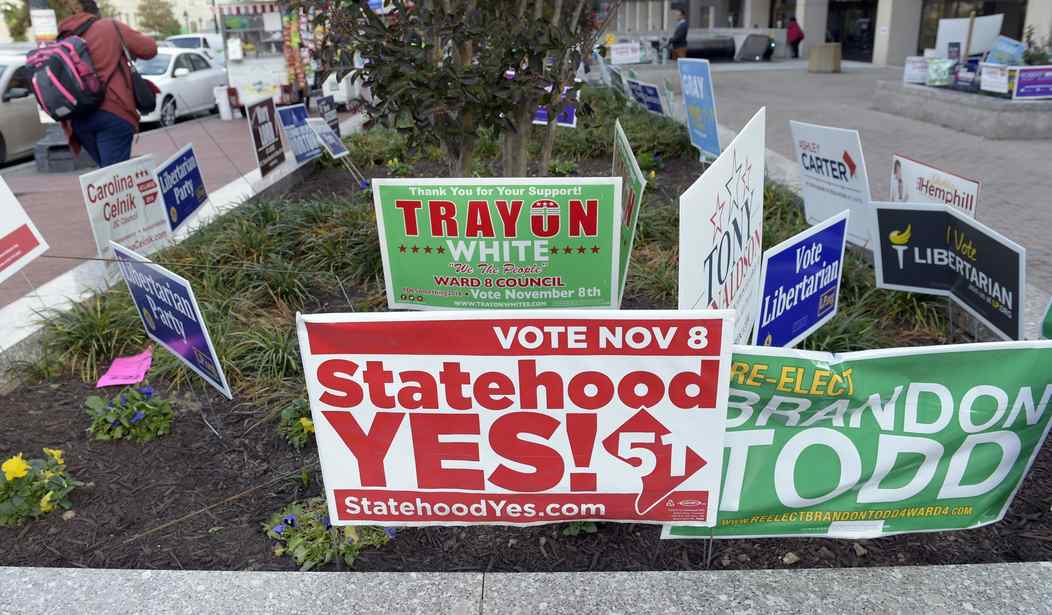

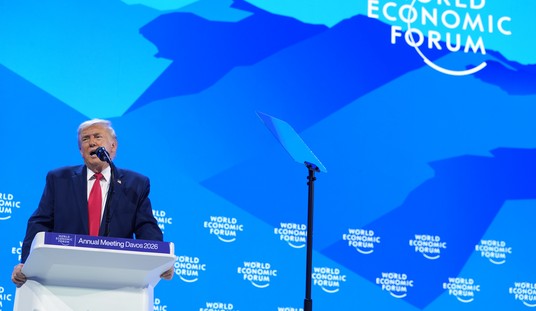
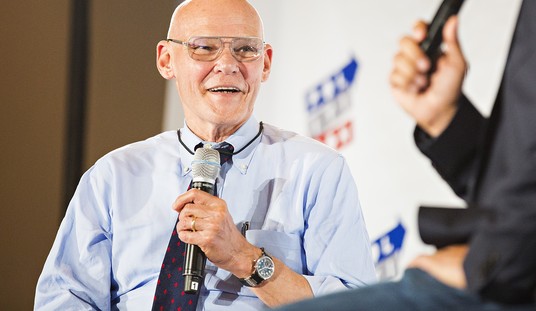
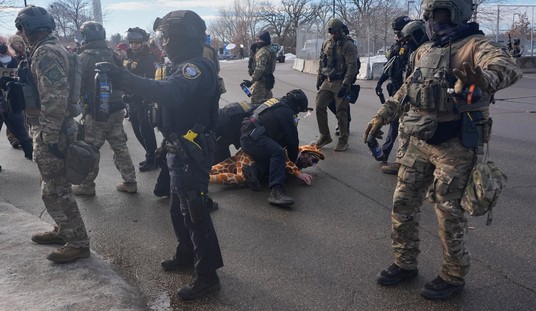
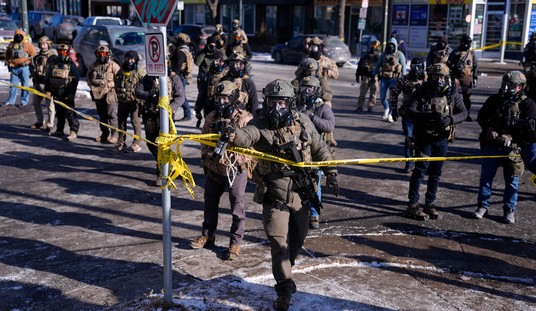

Join the conversation as a VIP Member